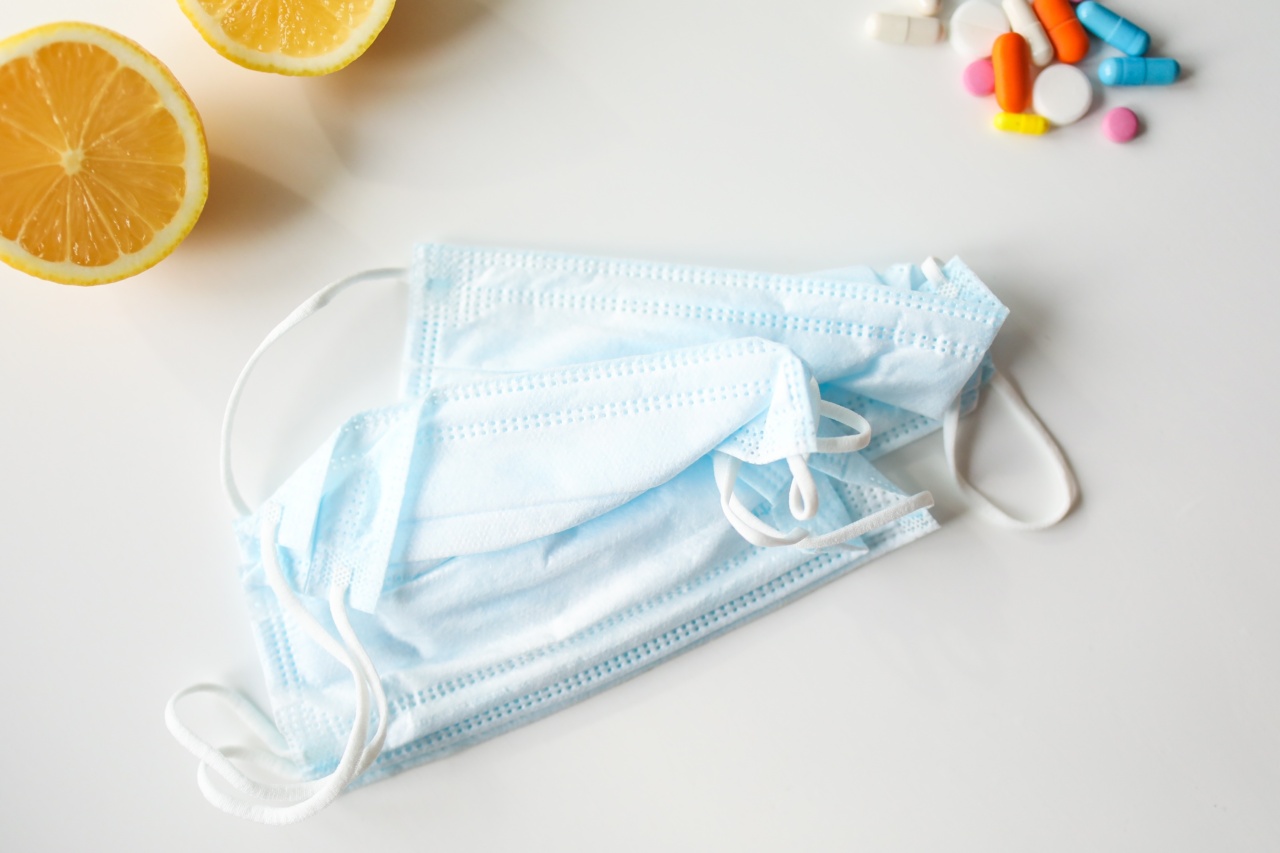Colon cancer is one of the most common forms of cancer, and it can be deadly if not treated early. Fortunately, there are steps you can take to reduce your risk of developing this condition.
One of the key ways to prevent colon cancer is to make sure you’re getting enough of certain vitamins and nutrients in your diet. Here are some of the vitamins that can help keep your colon healthy and reduce your risk of developing cancer.
Vitamin D
Vitamin D is an essential nutrient that is important for a healthy immune system, bone health, and overall well-being. Research has also suggested that vitamin D may help reduce your risk of colon cancer.
Some studies have found that people with higher levels of vitamin D in their blood are less likely to develop colon cancer than those with lower levels. There is still more research that needs to be done to fully understand the relationship between vitamin D and colon cancer prevention, but it’s clear that this vitamin is important for overall health.
Vitamin C
Vitamin C is an antioxidant that helps protect the body against free radicals, which can damage cells and contribute to the development of cancer.
Studies have suggested that getting enough vitamin C in your diet can help reduce your risk of colon cancer. Eating a variety of fruits and vegetables is a great way to increase your intake of this important vitamin.
Vitamin E
Vitamin E is another antioxidant that can help protect your cells against damage and reduce your risk of cancer. Some studies have suggested that getting enough vitamin E in your diet can help reduce your risk of colon cancer.
Like vitamin C, vitamin E is found in a variety of foods, including nuts, seeds, and leafy greens.
Vitamin B6
Vitamin B6 is important for a healthy immune system and the proper function of the nervous system. It’s also been suggested that getting enough vitamin B6 in your diet can help reduce your risk of colon cancer.
Foods like bananas, chicken, and fish are all good sources of vitamin B6.
Vitamin B12
Vitamin B12 is essential for the proper function of the nervous system and the production of red blood cells. Some studies have suggested that getting enough vitamin B12 in your diet can help reduce your risk of colon cancer.
Foods like dairy products, meat, and eggs are all good sources of vitamin B12.
Folate
Folate is important for the proper function of the nervous system and the production of red blood cells. It’s also been suggested that getting enough folate in your diet can help reduce your risk of colon cancer.
Foods like leafy greens, beans, and fortified cereals are all good sources of folate.
Calcium
Calcium is important for healthy bones and teeth, but it may also help reduce your risk of colon cancer. Some studies have suggested that getting enough calcium in your diet can help lower the risk of colon cancer.
Foods like dairy products, leafy greens, and fortified orange juice are all good sources of calcium.
Magnesium
Magnesium is important for a healthy immune system and the proper function of the nervous system. Some studies have suggested that getting enough magnesium in your diet can help reduce your risk of colon cancer.
Foods like spinach, almonds, and black beans are all good sources of magnesium.
Zinc
Zinc is important for a healthy immune system and the proper function of the nervous system. Some studies have suggested that getting enough zinc in your diet can help reduce your risk of colon cancer.
Foods like oysters, beef, and fortified cereals are all good sources of zinc.
Selenium
Selenium is important for a healthy immune system and the proper function of the thyroid gland. It’s also been suggested that getting enough selenium in your diet can help reduce your risk of colon cancer.
Foods like Brazil nuts, tuna, and whole grains are all good sources of selenium.
Conclusion
Colon cancer is a serious condition, but there are steps you can take to reduce your risk. Making sure you’re getting enough of the vitamins and nutrients listed above is an important part of a colon-healthy diet.
Talk to your doctor to learn more about how you can reduce your risk of developing colon cancer.































